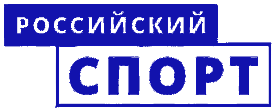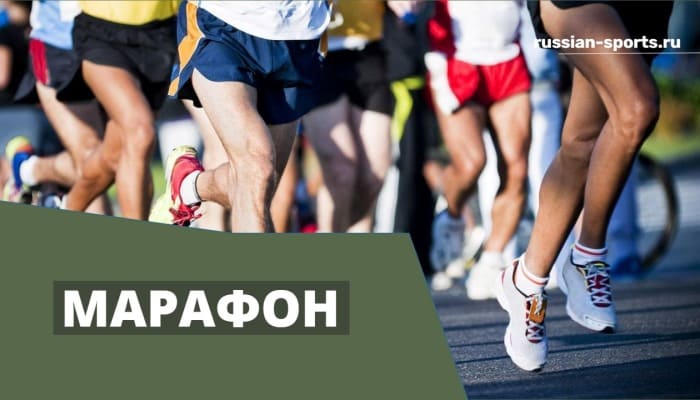In the article “Marathon” we will tell about the most endurance sport, about the peculiarities of preparing and conducting races, we will consider a brief history of development.
#Marathon #MarathonRun #Marathon #Running #Athletics #SummerSports
This sporting discipline owes its name to an ancient warrior named Philippides. According to legend, this brave man ran in one breath from a place called “Marathon” all the way to Athens. He did it not for the sake of sport, but to inform his fellow citizens about the glorious victory of the Greek army over the Persian army.
The distance covered by the runner was 40 km and 200 meters. Today’s scholars doubt the truthfulness of this legend, it can not be called an established historical fact. However, modern marathon runners are not at all embarrassed by it.
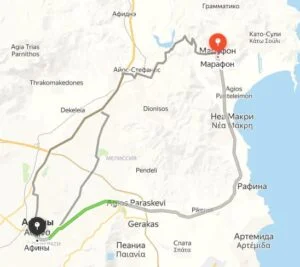
Marathon races have been held since the first Olympic Games of modern times. Back then, the marathon race was held over a distance from Marathon to Athens. Today, the men’s marathon is traditionally held a few hours before the closing of the Olympic Games or even as part of the closing program.
The distance of the modern marathon is 42 kilometers and 195 meters. Among men, the best marathon runners are often natives of Kenya and Ethiopia. Their names fill the table of records, but there is no such trend among women.
The marathon is the only road running discipline that is included in the Olympic program. But it’s not always the most prominent runners who take part in the Olympics. That’s because every marathon race requires a lot of energy, so marathon runners only go to the race two or three times a year.
So a marathoner’s personal schedule does not always fit in with the Olympics or other championships. There are about 800 races in the world every year, and athletes have plenty to choose from.
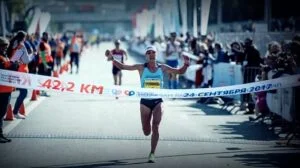
Although the name “Marathon” belongs to the discipline of highway running, athletes do not always compete on the highway. Extreme marathons are held at the North Pole, in the desert, in the mountains, and in other unusual places. So modern athletes will be more enduring than Philippidesa.
The men’s world record in the marathon is 2 hours 1 minute and 39 seconds, and the women’s record is 2 hours 14 minutes and 4 seconds. The men’s record was set at the Berlin Marathon in 2018 and the women’s record at the Chicago Marathon in 2019.
As we wrote, there are about 800 marathons in the world every year. The oldest of them in Europe is Košice, which takes place in Slovakia, and the most massive and prestigious are Boston, New York, Chicago, London, and Berlin. Everyone can participate, and the number of participants sometimes approaches the 30,000 mark.
And sometimes even more. Can you imagine what a start line there must be to accommodate everyone and get on the road in one second? ![]()
Of course, it’s impossible to do that, so athletes cross the start line within a few minutes. And the problem of timing was solved with the help of chips, which were given to each competitor. With their help, the actual start time is recorded and at the finish line it is taken into account when summing up the results.
Not everyone can run a marathon from start to finish. At mass races, where everyone can participate, not everyone runs to the end. Many of them simply quit, because a marathon is a severe test for a person.
In order to simply overcome these 42+ kilometers you need to correctly calculate your strength. During the race, various biochemical reactions occur in our body, which must be taken into account when developing a strategy.

Every person has a supply of carbohydrates in his or her body, which act as fuel. When carbohydrates are burned, a person gets energy. On average, this reserve of energy is 1,500 kcal. When we move, work, this energy is spent. Intense running leads to a loss of 600 to 800 kcal per hour.
If these reserves are not replenished, they will be exhausted after a couple of hours, the body will lose energy and will start to use reserves, drawing energy from the fat layer. This process takes time, so at the 30-kilometer mark many people experience a turning point.
Then how do you win a marathon? The answer is simple: train and sit on a special sports diet, this will allow you to accumulate enough carbohydrates. Another condition for normal well-being during a marathon is to maintain an optimal level of water in the body and a constant pace of movement.
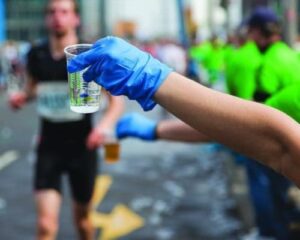
Experienced runners run most of the distance at the same pace so that they don’t run out of breath early and quit the marathon. Lack of nutrients in the body is not the only problem a marathon runner has to face.
Another problem is possible overheating of the body. Experts say that the optimum temperature for a marathon race is from +12 to +16 degrees Celsius. At temperatures above +18 degrees Celsius, the results of athletes begin to deteriorate, and at temperatures of +28 degrees and above it is recommended to postpone the start to a cooler time.
What is the problem here? The answer is in human physiology. As we wrote above, during a marathon, carbohydrates are actively consumed in the human body, producing substances necessary for the muscular effort. But all the biochemical reactions that take place during the processing of carbohydrates occur with one additional effect – the release of heat.
In normal times, this effect only benefits the body by preventing it from overcooling, but during long races, when the processing of carbohydrates is accelerated, too much heat is released. Therefore, it is much more comfortable for athletes to run on a cool day, when air acts as a cooler.
Of course, most athletes are unlikely to like the idea of running a marathon in the winter polar region, but that does not mean that only residents of warm lands can run a marathon.

If you want to try your hand at a marathon, you should start with the athletics section, which every city has. If there are marathons where you live, then most likely there are special running schools that train marathon runners.
To run a marathon, you have to train for at least six months, during which time the body will learn to absorb oxygen better, muscles will strengthen, and the body will adapt to prolonged physical exertion.
And the main part of each workout is long-distance running. Immediately at 42+ kilometers trainer will not allow you. Start small, the route will gradually become longer, until it is about 25 kilometers. This distance on power to overcome only the adult athlete.
Younger runners compete on more modest routes. The children’s marathon distance is 10 times shorter than the adult route. Such a distance on the one hand allows you to get the necessary skills, and on the other hand does not cause unnecessary overload.
So, if you want to become a tireless runner, you can safely start classes. We are sure that you will succeed!
About marathon
FAQs
What is a marathon?
Marathon is the strongest sport of athletics, in which the athlete runs a distance of 42 kilometers and 195 meters. The discipline is named after the Greek city of Marathon and has been held since 1896.
How much does it cost to participate in the marathon?
The cost of a marathon race varies depending on its popularity, the location, and the date of registration. Early registration is more affordable than the day before the race. In Russia, participation in a marathon costs between 2,000 and 5,000 rubles. In Europe, it is 100 euros, and in the United States from 200 to 500 dollars. In addition to the entry fee will need to pay for accommodation, flight and visa. In Russia, there are also free races that are held to popularize the sport and are usually organized in a regional center or in a large park.
Which marathons are popular in Russia?
More than 100 marathons are held in Russia every year. The most popular are: Moscow Marathon (Moscow); Siberian International Marathon (Omsk); White Nights International Marathon (St. Petersburg); Volgograd International Marathon (Volgograd); Space Marathon (Moscow region, Korolev).
